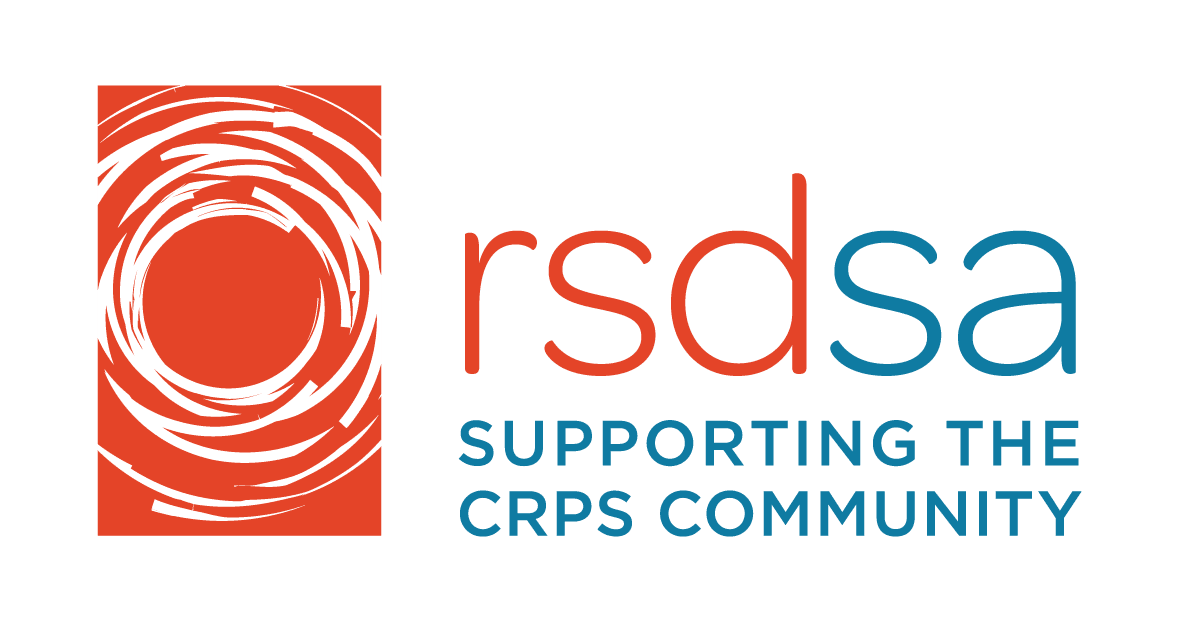Written by James Doulgeris for RSDSA
The following opinions are those of the author and not necessarily those of RSDSA, its management, board, or staff.
Take Care of Maya is a blockbuster Netflix documentary about a teenage girl named Maya Kowalski suffering from CRPS taken to Johns Hopkins All Children’s Hospital for treatment during a flare-up. Doctors there were unfamiliar with CRPS, accused the parents of child abuse, took Maya into protective custody eventually ending up with the mother, Beata Kowalski, committing suicide. After 87 days in the hospital’s custody, Maya was released back to her father six days after her mother’s suicide. If you want the details, watch the excellent documentary. Bring tissues. It is heartbreaking.
The father sued the doctors, winning millions and is now suing the Hospital in a blockbuster trial for $220 million and, according to the Hospital, CRPS, ketamine and now the lying, faking, manipulated by her conniving and mentally ill mother and greedy father, teenaged Maya are the ones on trial. The Hospital also claims that they must respond at trial because the case has created a nationwide “chill” on mandatory reporting of child abuse cases.
Let me explain:
There is an adage in trial law: if the facts are on your side, pound the facts. If the law is on your side, pound the law. If neither is on your side, pound the table.
But first, a disclosure. I have CRPS. It is all over my body. I have been independently diagnosed by four leading specialists. I am biased. This disease is no figment of anyone’s imagination.
With that out of the way, why are CRPS, ketamine and Maya herself the ones on trial? When the facts and law are not on your side, you put CRPS, ketamine and Maya on the table and pound them relentlessly and 220 million dollars hard. Why? Win or lose and regardless of the damage you cause, you are going to create a trail of doubt to protect your reputation and end the chill on reporting child abuse as the hospital has claimed as its noble motive.
So back to pounding the table.
CRPS on trial:
- The Kowalski’s brought forth four world class experts in diagnosing CRPS, one of whom personally diagnosed Maya before the Johns Hopkins incident. I know three personally and they are fine people.
- The Hospital cited numerous academic, scientific, and medical peer reviewed papers, studies and compilations validating CRPS.
- The Kowalski’s cited CRPS’ official status as a rare disease recognized with its own ICD10 codes by the AMA and other official medical and governmental recognitions and validations and that the hospital actually billed under those codes.
- The Hospital played video tapes showing Maya in positions that would be unlikely of someone with CRPS in the legs claiming her father and mother manipulated her to act like she had CRPS for their own gain.
Ketamine on trial:
- The Kowalski’s cited numerous academic, scientific and medical peer reviewed papers, studies and compilations showing how daily dosages of ketamine works in the brain to ease the symptoms of CRPS and its two most common co-morbidities, depression and PTSD alone or as an opiate sparing drug, making opiates last longer and be more effective at lower doses.
- The Kowalski’s showed how ketamine infusions slowed, stopped, or reversed the progression of CRPS, depression and PTSD for months or sometimes a year or more before a booster is required.
- The Hospital presented expert witnesses claiming that ketamine is experimental and that there are no formal studies confirming its long-term safety or effectiveness implying that it is dangerous. They also presented other expert testimony claiming that positive ketamine results and purported theories about how it works are just that, claims and theories that remain unproven until clinical trials settle the matter definitively. They have done their best to cast doubt on the safety and efficacy of ketamine usage for CRPS.
Maya and her parents on trial:
- The Hospital contends that Maya’s parents were abusive and mentally unfit, using her to feign CRPS symptoms to gain notoriety and money through donations for her care, and that they had a duty of care to separate her from them. The medical term is Munchausen’s by Proxy.
- The Kowalski’s, including Maya, strongly disagree. The jury either does not know or has been directed to disregard that the Kowalskis were awarded millions of dollars from the doctor in charge of Maya, Sally Smith, and others working on her case after brief trials.
Please draw your own conclusions about CRPS and ketamine. The facts are available on the RSDSA website and by simple Google searches.
Regardless of how this trial ends, it should be about Maya, her family, and whether the hospital was responsible for what happened, not about the validity of a disease and its treatment. Laying carnage and sowing the seeds of doubt to rare medical conditions and their treatments that are already not well understood by the medical community to win a trial is an irresponsible, irredeemable tactic. It offsets the hospital’s ethical claim of protecting hospitals rights to ensure the safety of children everywhere by protecting their duty to report child abuse and to protect the children from abuse.
In the end, it comes down to money and a hospital doing whatever it can at whatever cost regardless of the damage it causes to avoid admitting it was wrong and making that wrong right.
James Doulgeris is a frequent contributor to RSDSA. He Chairs its Advocacy Committee while spearheading two major initiatives that promise to benefit all CRPS patients. He is a CRPS patient with Parkinson’s and other diseases, and passionate about helping his CRPS community.
